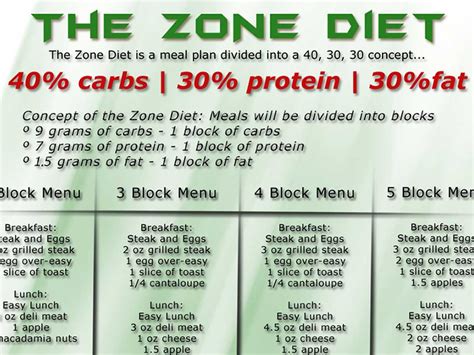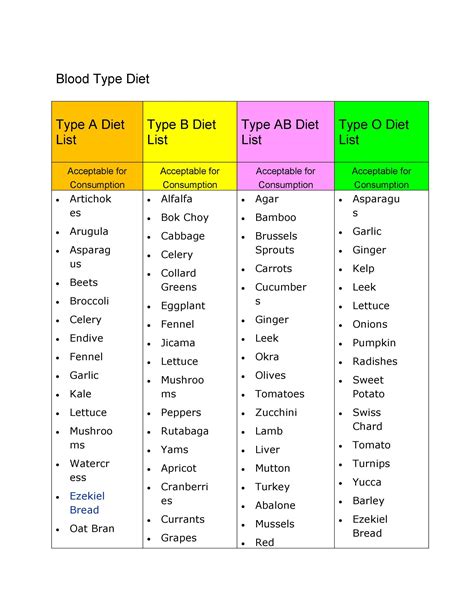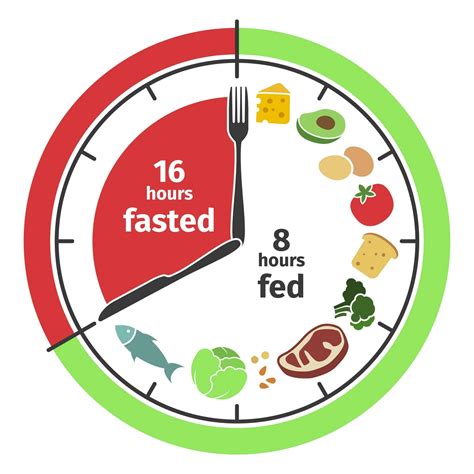Discover the science and benefits of the Zone Diet. Get tips for success and learn how to implement it
Understanding the Zone Diet
Contents
The Zone Diet is a popular, long-standing diet program that has been touted for its ability to help people lose weight and improve their overall health. Developed by Dr. Barry Sears, a biochemist, the Zone Diet is based on the idea of using food as a tool to control the body’s inflammation and hormonal response. The diet is centered around the concept of macronutrient balance, which involves consuming a specific ratio of carbohydrates, proteins, and fats at each meal.
The science behind the Zone Diet is rooted in the idea that by controlling the body’s hormonal response to food, individuals can achieve better blood sugar control, reduced inflammation, and improved fat metabolism. This, in turn, can lead to weight loss, increased energy, and enhanced athletic performance. The diet recommends consuming a balance of nutrients at each meal to keep insulin levels in the zone, which is the optimal range for health and vitality.
Implementing the Zone Diet in daily life involves planning meals and snacks around the block system, which assigns a specific number of protein, carbohydrate, and fat blocks to be consumed at each meal. Foods are categorized into favorable and unfavorable categories based on their nutrient density and impact on insulin levels. This can help individuals make informed choices about what to eat while following the Zone Diet.
There are many benefits of the Zone Diet, including weight loss, improved athletic performance, enhanced mental focus, and a reduced risk of chronic disease. By following the diet’s principles, individuals can optimize their nutrient intake, stabilize blood sugar levels, and reduce inflammation, all of which can contribute to better overall health and well-being.
For those looking to succeed with the Zone Diet, it’s important to focus on meal planning, portion control, and mindful eating. With careful attention to the balance of protein, carbohydrates, and fats at each meal, individuals can harness the power of the Zone Diet to improve their health and achieve their weight loss goals.
The Science Behind Zone Diet
The Zone Diet is a popular eating plan developed by Dr. Barry Sears that aims to regulate the body’s hormonal response to food in order to control inflammation and promote weight loss. At the core of the Zone Diet is the concept of maintaining a specific ratio of macronutrients—40% carbohydrates, 30% protein, and 30% fat—in each meal to keep insulin levels in the zone, which is believed to help control hunger and maintain peak mental and physical performance.
The science behind the Zone Diet is based on the idea that food has a direct impact on the body’s hormonal responses, particularly insulin, which is responsible for regulating blood sugar levels. By carefully balancing the intake of carbohydrates, protein, and fat, the Zone Diet claims to control inflammation at a cellular level, reduce the risk of chronic diseases, and optimize overall health.
According to Dr. Sears, maintaining the proper balance of macronutrients in the zone will help stabilize blood sugar levels and prevent the overproduction of insulin, which can lead to weight gain and various health issues. Additionally, the Zone Diet includes recommendations for consuming anti-inflammatory foods such as fruits, vegetables, and monounsaturated fats, which are believed to further support the body’s hormonal balance and reduce inflammation.
In essence, the science behind the Zone Diet is centered around the belief that regulating the body’s hormonal responses through a specific macronutrient ratio can lead to improved overall health, weight management, and reduced inflammation.
Implementing Zone Diet in Daily Life
Implementing the Zone Diet in your daily life can be a powerful way to improve your health and well-being. This dietary approach focuses on balancing the intake of protein, carbohydrates, and fat in every meal and snack, in order to maintain proper hormone levels and promote optimal metabolic function.
One way to incorporate the Zone Diet into your daily routine is by planning your meals and snacks ahead of time. This may involve creating a weekly meal plan and shopping for fresh fruits, vegetables, lean protein sources, and healthy fats to have on hand. By having a variety of Zone-friendly foods readily available, you can easily put together balanced meals and snacks without feeling overwhelmed or rushed.
Another key aspect of implementing the Zone Diet in daily life is being mindful of portion sizes. The Zone Diet recommends consuming a specific ratio of 40% carbohydrates, 30% protein, and 30% fat at each meal and snack, which may require measuring or estimating portion sizes for certain foods. It can be helpful to use measuring cups, spoons, or a food scale to ensure that you are consuming the appropriate amount of each macronutrient.
Additionally, it’s important to pay attention to the timing of your meals and snacks when following the Zone Diet. Eating within a few hours of waking up and then every 4-5 hours throughout the day can help to maintain stable blood sugar levels and prevent overeating. It may be beneficial to set reminders or schedule specific meal times in order to stay consistent with this approach.
Overall, implementing the Zone Diet in daily life requires a commitment to planning and preparation, as well as a willingness to be mindful of food choices and portion sizes. By incorporating these principles into your routine, you may experience improved energy levels, better concentration, and overall well-being.
Benefits of Zone Diet
The Zone Diet has gained popularity for its numerous health benefits. One of the key benefits of the Zone Diet is its ability to regulate blood sugar levels. By consuming a balanced ratio of carbohydrates, proteins, and fats, the Zone Diet helps to stabilize blood sugar levels, which can reduce the risk of type 2 diabetes and improve overall energy levels.
Additionally, the Zone Diet is known for its anti-inflammatory effects. By incorporating foods that are high in antioxidants and omega-3 fatty acids, such as fruits, vegetables, and fish, the Zone Diet can help reduce inflammation in the body, which is linked to various chronic diseases.
Another benefit of the Zone Diet is its potential for weight loss. By following the prescribed macronutrient ratios, the Zone Diet can help individuals achieve and maintain a healthy weight. This is especially beneficial for those looking to improve their body composition and enhance athletic performance.
Moreover, the Zone Diet promotes overall heart health. By emphasizing the consumption of lean proteins and healthy fats, the Zone Diet can help lower cholesterol levels and reduce the risk of cardiovascular disease.
Overall, the Zone Diet offers a range of health benefits, including improved blood sugar regulation, reduced inflammation, weight management, and enhanced heart health. By following the principles of the Zone Diet, individuals can experience an overall improvement in their well-being.
Tips for Success with Zone Diet
Implementing the Zone Diet in your daily life can be a challenge, but with the right tips, you can achieve success. One important tip for success with the Zone Diet is to plan your meals in advance. By taking the time to plan out your meals, you can ensure that you are getting the right balance of carbohydrates, protein, and healthy fats that the diet recommends.
Another tip for success with the Zone Diet is to stay consistent with your portion sizes. It’s important to measure out your food to ensure that you are not consuming too much or too little of each macronutrient. This can help you stay in the zone and reap the full benefits of the diet.
Additionally, it’s important to stay hydrated while following the Zone Diet. Drinking plenty of water can help with digestion and keep you feeling full, which can prevent overeating. It’s also important to incorporate regular physical activity into your routine to complement the diet and enhance its benefits.
Finally, seeking support from others who are also following the Zone Diet can be beneficial for success. Whether it’s joining a support group or simply sharing your journey with friends and family, having a support system can help you stay motivated and accountable.












